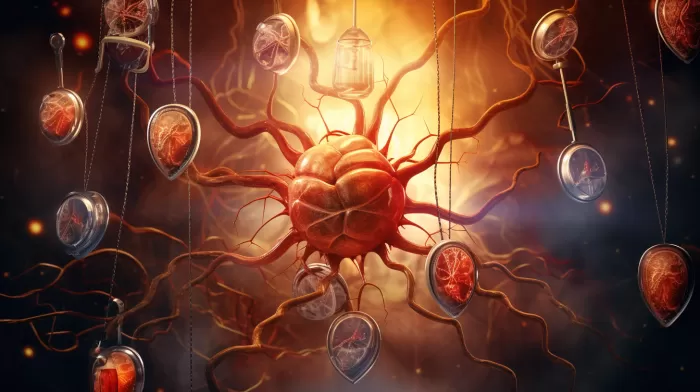When it comes to medical “facts” that seem too good to be true, it turns out that many doctors believe the same myths as the general public. Researchers at the Indiana University School of Medicine have found that misconceptions often accepted by doctors and healthcare providers are then passed on to their patients. The researchers did not set out to debunk these myths but felt compelled to bring attention to the misinformation being spread.
With that in mind, it’s time to bust some popular medical myths!
Hair and nails grow after death
The idea that hair and nails continue to grow after death is a common misconception. In reality, the growth of hair and nails stops at death. However, it may appear as if they are still growing because the skin around them shrinks.
We only use 10% of our brains
Contrary to popular belief, we use 100% of our brains all of the time. Research on brain function, including imaging studies, has shown that the entire brain is constantly working. There is no “unused” portion of the brain waiting to be unlocked.
Drink eight glasses of water a day
The belief that we need to drink eight glasses of water a day to stay hydrated is not supported by any medical evidence. While staying hydrated is essential for good health, the amount of water each person needs varies depending on factors such as age, weight, activity level, and climate. A better rule of thumb is to drink water when you’re thirsty and to gauge your hydration level by the color of your urine. Pale, straw-colored urine is a sign of proper hydration, while dark yellow or amber-colored urine may indicate dehydration.
Turkey makes you sleepy
While it’s true that turkey contains tryptophan, an amino acid associated with sleep, it’s not the turkey itself that makes you feel sleepy after a Thanksgiving feast. In fact, pork and Swiss cheese contain more tryptophan per ounce than turkey, and beef and chicken have similar levels. The post-Thanksgiving dinner sleepiness is more likely due to overeating, alcohol consumption, and the natural relaxation that follows a hearty meal.
By debunking these popular medical myths, the researchers hope to remind people that simply hearing something from “experts” doesn’t make it true. It’s essential to question the things we believe and to continuously educate ourselves to ensure that the information we’re spreading is accurate.
In conclusion, it is always a good idea to question medical “facts” that seem too remarkable to be true. Researchers are continuously discovering new information about the human body, and it’s crucial to keep up-to-date with the latest findings. So the next time you hear a medical myth, take a moment to verify its accuracy, instead of blindly accepting it as truth. Remember, knowledge is power – especially when it comes to your health.



